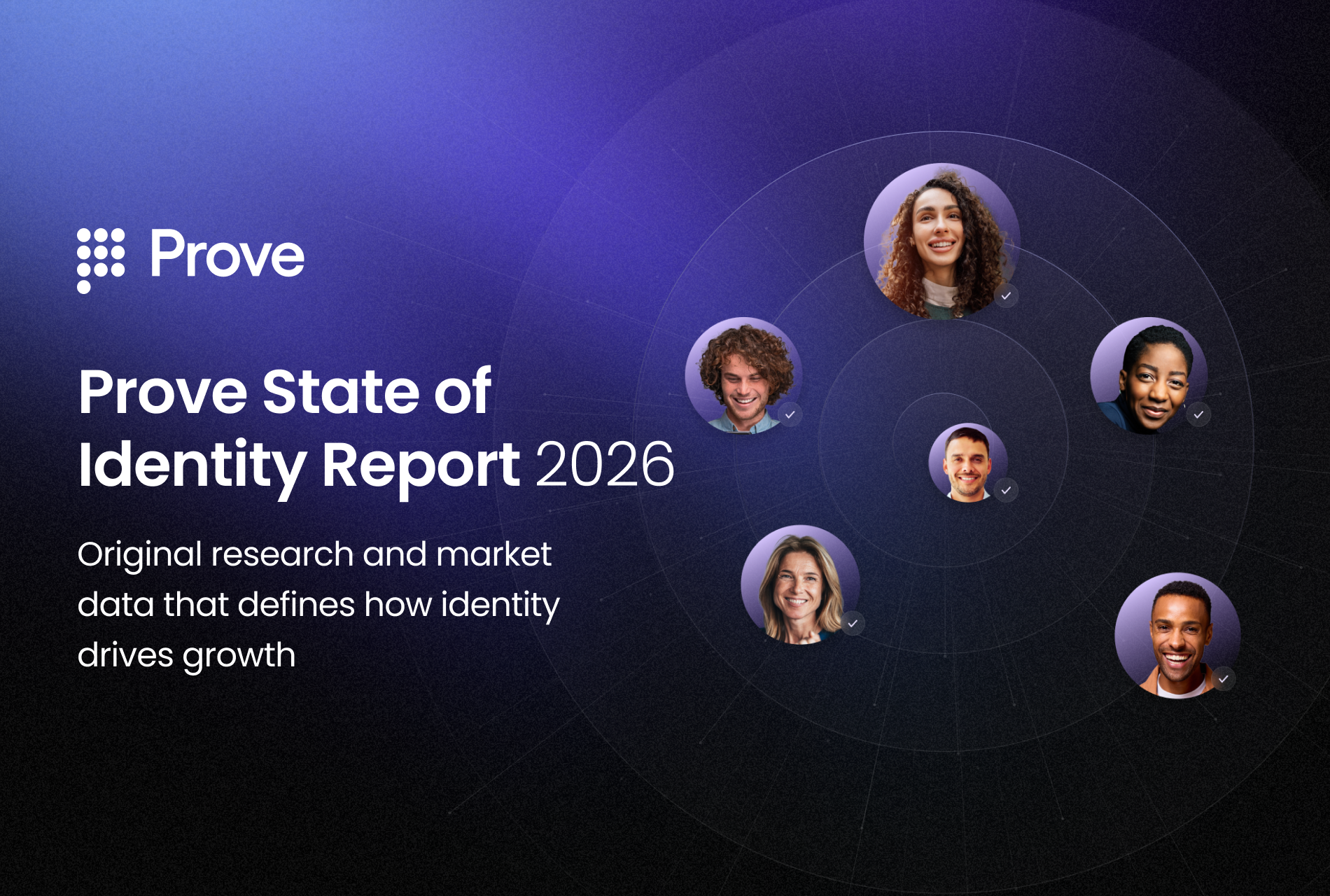Facial Recognition in Payments: Evolution

Imagine wearing a device like the Google Glass (now defunct), loaded with software that could recognize every object as you pass along the street or inside your home or office.
Add humans to the list of objects, and things get interesting. Add payments to it and things get a bit wobbly and your head dizzy.
But steady yourself by holding on to something. You might soon be paying for your next coffee, not by a credit card linked to your bank, but by an account/card linked to your face. Yes, that reality is likely to be the next evolution in the individual payments space.
The technology behind face recognition has significantly evolved, and it can now be securely used for financial transactions. Newer methods like artificial intelligence and machine learning are actively employed to identify a person with spot-on accuracy. For example, Chinese search giant BAIDU has successfully demonstrated that its software can beat humans at facial recognition.
Companies in China like Alipay already accept face-recognized payments. From facial recognition ATMs to restaurants that use it for making suggestions, there is a wide variety of use cases that have been successful – even a toilet that dispenses toilet paper based on facial recognition.
Restaurants like Wow Bow in the US have recently started using face recognition techniques and calling it a home run as customers love it.
France-based Safran demonstrated technology that can use the existing card payment networks to replace the credit card pin with the more secure and graceful facial recognition. This will virtually help us get rid of the task of remembering card pins.
Finnish company Uniqul has planned to install their system in stores, airports, petrol stations, and shops. It is a face recognition system allowing customers to seamlessly make their payments without carrying any cards or identification tokens.
Countries like Australia have plans to replace their passports with facial recognition! Isn't that amazing? Many more countries may soon follow given the high-scale security and convenience.
British Airways has introduced facial recognition to allow quicker boarding to their domestic flights at the Heathrow airport. Sounds unbelievable, but here it is, increasing efficiency and reducing the time taken to board a plane. Soon, this will span over to other airlines and countries and international flights.
With the advent of the Aadhaar-like national identification system in India, it is easy to imagine attaching facial biometrics with it. This will allow payments on the go in the remotest of areas of the country.
The above examples from various countries/continents show that facial recognition has dawned upon us as we continue into our evolution.
And, it just looks like the tip of the proverbial melting iceberg.

Keep reading
 Read the article: How Prove’s Global Fraud Policy Stops Phone-Based Fraud Others Miss
Read the article: How Prove’s Global Fraud Policy Stops Phone-Based Fraud Others MissLearn how Prove’s Global Fraud Policy (GFP) uses an adaptive, always-on engine to detect modern phone-based threats like recycled number fraud and eSIM abuse. Discover how organizations can secure account openings and recoveries without increasing user friction.
 Read the article: Prove Supports Safer Internet Day: Championing a Safer, More Trustworthy Digital World
Read the article: Prove Supports Safer Internet Day: Championing a Safer, More Trustworthy Digital WorldProve proudly supports the goals and initiatives behind Safer Internet Day, a worldwide effort that brings together individuals, organizations, educators, governments, and businesses to promote the safe and positive use of digital technology for all, especially young people and vulnerable users.
 Read the article: Prove’s State of Identity Report Highlights the New Rules of Digital Trust
Read the article: Prove’s State of Identity Report Highlights the New Rules of Digital TrustProve’s State of Identity Report explores why traditional point-in-time verification is failing and how businesses can transition to a continuous, persistent identity model to reduce fraud and improve user experience.













